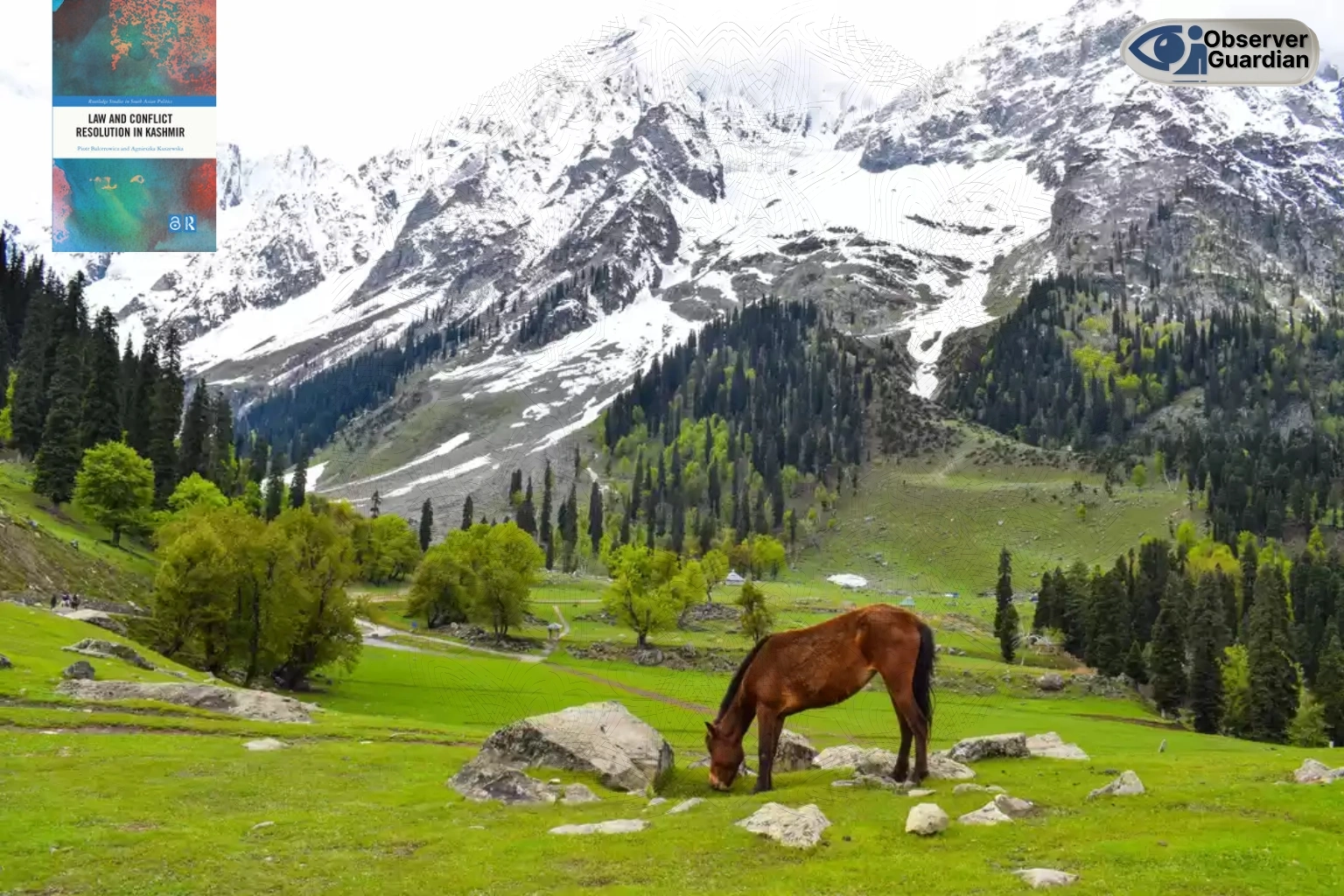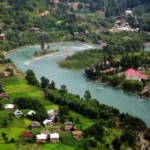The Kashmir dispute is one of the longest standing disputes in recent history. For more than 70 years, the region has been caught in a tug of war between India and Pakistan, and the people of the region have suffered the most. Both states claim to pursue their actions within their legal and constitutional frames. However, legal ambivalence has been turned into a political asset. Rather than clarify rights, it has increased alienation.
Moreover, Article 370 in the Indian Constitution had granted a special status to Jammu and Kashmir for many decades. This was a configuration that allowed the state some autonomy but kept it within the Indian Union. Nevertheless, this status was revoked in August 2019 by the government. Consequently, the state was cut into two union territories. Due process privileges were revoked, and privileges and immunities of land and residency were denied. Political leaders were arrested in thousands. Additionally, the internet and communication were clamped down. Rather than uniting Kashmiris, these steps only increased mistrust and bitterness.
In the case of India, it is a platform to display a sense of nationalism and convey the identity of the majority. This silence is the greatest injustice. The international right to self-determination has been reduced to paper rather than reality.
Furthermore, in Indian-held regions, there are draconian laws like the Armed Forces Special Powers Act to enable extrajudicial abductions. The police are permitted to arbitrarily stop people and detain them, as well as enforce curfews and bans on assembly. Citizens live in fear. To many, the law does not protect but rather acts as a weapon.
The changes in 2019 in India were a turning point. By abolishing Kashmir’s autonomy, New Delhi sought to normalize the situation. Since then, the region has become increasingly militarized. The Line of Control is increasingly taking on an aura of permanence as a line of abstract demarcation.
Nevertheless, the dispute cannot be solved merely by legal reforms. Previous efforts like the four-point formula, autonomy offers, or cross-border confidence-building have all failed. They failed because they treated Kashmir mainly as an interstate problem. The voices of Kashmiris themselves were secondary, if heard at all. No peace plan will hold unless they are at the center of it.
On the other hand, cooperation between India and Pakistan could provide opportunities in the economic sphere. Trading activities across the Line of Control once offered hope but have now been stopped. Regional integration would help reduce hostilities. Such measures require political will, which has not yet been found. The politics of nationalism and demagoguery remain stronger than pragmatic compromise.
The international community cannot enforce a solution but plays a role in keeping both states in check on human rights issues. Global pressure through institutions, groups, and the media is invaluable. Equally important is internal pressure. Citizens of India are obligated to demand their leaders uphold human dignity above nationalist arrogance. Without grassroots demand, external appeals will not work.
At its core, the Kashmir dispute is not about land or borders. It is about people, their dignity, rights, and the freedom to shape their own lives. Legal frameworks are meaningful only if they empower rather than control. The future of Kashmir cannot be dictated by Delhi or Islamabad; it must be shaped by Kashmiris themselves.
The road ahead remains uncertain. But one guarantee is clear: without respect for human rights, there will be no resolution. India must transcend legal manipulations and nationalist agendas. They must create space for Kashmiri voices and genuine self-governance. Until that happens, Kashmiris will remain trapped in broken promises, and peace will remain a distant hope.
Disclaimer: The views and opinions expressed in this article are exclusively those of the author and do not reflect the official stance, policies, or perspectives of the Platform.







